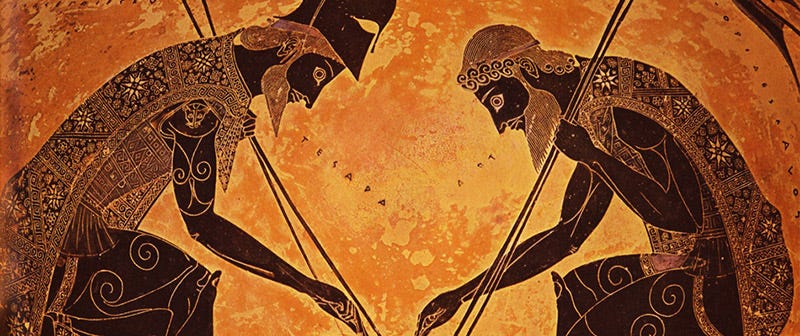
According to Joseph Campbell, myths have four basic functions: the mystical, the cosmological, the sociological, and the pedagogical². The mystical function is to awaken a sense of awe and wonder in the face of the mystery of existence. The cosmological function is to explain the origin and structure of the universe. The sociological function is to support and validate the social order and moral values of a culture. The pedagogical function is to guide individuals through the stages of life and teach them how to live². He also believed that myths are stories that help people find their own heroic journey and discover their unique gifts¹. In this article, we’ll describe these functions of myth, according to Jospeh, in detail.
The Mystical
The mystical function of myth is to inspire a sense of wonder and awe in the face of the mystery of existence. It helps people connect with something greater than themselves, such as a divine source, a cosmic order, or a transcendent reality. Myth invites people to experience the sacred and the sublime in their lives1.
The Cosmological
The cosmological function of myth is to explain the origin and structure of the universe and the natural phenomena within it. It helps people understand how the world works and what their place in it is. Myth provides a coherent worldview that accounts for the creation, evolution, and destruction of all things1.
The Sociological
The sociological function of myth is to support and validate the social order and the moral values of a culture. It helps people relate to each other and to their collective identity. Myth establishes norms, rules, and roles for individuals and groups within a society. Myth also reinforces the authority, legitimacy, and traditions of the institutions that govern society1.
The Pedagogical
The pedagogical function of myth is to guide individuals through the stages of life and teach them how to live. It helps people cope with the challenges and opportunities that they encounter in their personal and professional development. Myth offers models, lessons, and wisdom for different situations and scenarios. Myth also encourages people to find their own heroic journey and discover their unique gifts1.
Further reading:
See below for a list of resources to learn more abou this topic.
- The Joseph Campbell Foundation website (https://www.jcf.org) offers a wealth of resources on Joseph Campbell’s life and work, including his ideas on the functions of myth.
- The Joseph Campbell Library on the Open Library website (https://openlibrary.org/people/joseph_campbell) provides access to a range of Campbell’s books and articles on mythology, as well as biographical information and commentary on his work.
- The Power of Myth, a book and TV series featuring Joseph Campbell in conversation with journalist Bill Moyers, explores many of Campbell’s ideas on the functions of myth. The series is available to watch on YouTube and other video-sharing platforms.
- The Joseph Campbell Audio Collection, available on Audible and other audiobook platforms, features lectures and interviews with Campbell on topics such as the hero’s journey, mythology, and spirituality.
- The Joseph Campbell Mythological RoundTable, a global network of groups dedicated to exploring Campbell’s work and the role of mythology in contemporary life, offers a range of online resources, including webinars, discussion forums, and reading groups.
Sources:
(1) Joseph Campbell’s Four Basic Functions of Mythology. https://fractalenlightenment.com/36315/life/joseph-campbells-four-basic-functions-of-mythology.
(2) Joseph Campbell and the Power of Myth – Exploring your mind. https://exploringyourmind.com/joseph-campbell-and-the-power-of-myth/.
(3) Joseph Campbell | Biography, Books, & Facts | Britannica. https://www.britannica.com/biography/Joseph-Campbell-American-author.